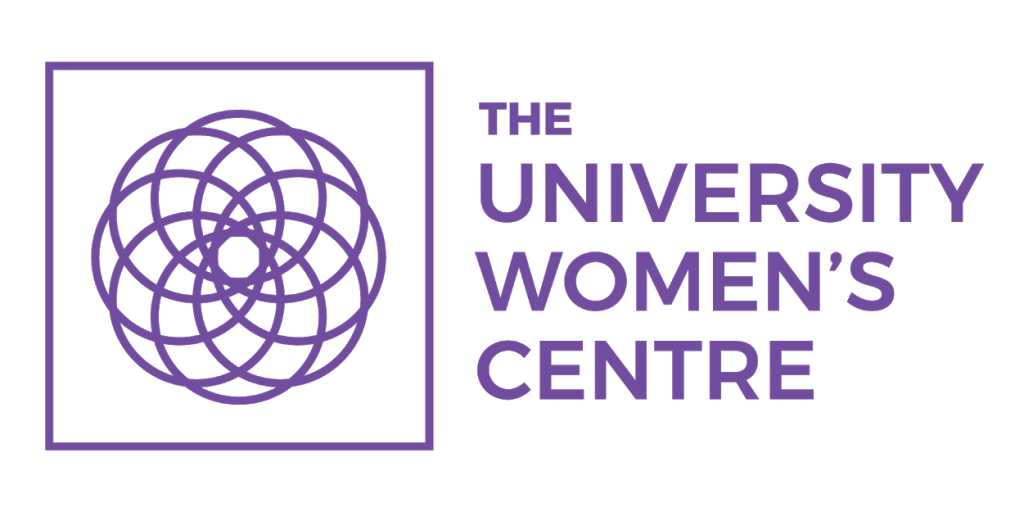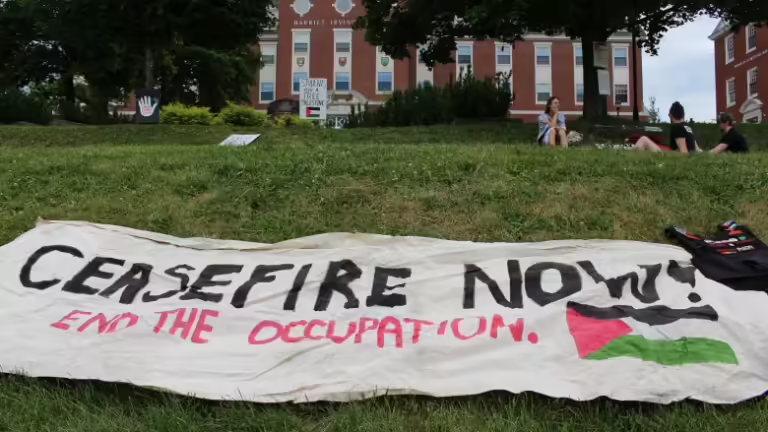The University Women’s Centre, serving all three campuses, had their Facebook Page taken down after the apparent use of forbidden words in one of their posts. Within an hour of the post, Facebook deleted their Facebook page, along with the personal profiles of every page admin.
By the best estimate, this was an automated process initiated by a Facebook algorithm.
Active social media users may have noticed the recent uptick in people using clever ways of disguising keywords in their posts. Such tactics are employed to avoid detection by the algorithms of Facebook and other platforms.
A common method is using an asterisk in a word to obscure its meaning to the algorithm while retaining its meaning for the reader. (Examples: q*non, s*x, c*nspiracy, etc.)
The poster is doing this because they believe that, based on the use of certain words, social media site algorithms will cause their profiles to be ranked lower in search results or worse.
The post in question announced the second talk in the Center’s Feminist Lunch Series. The description of the talk, titled “Tracing the Path from Women’s Health Advocacy to Conspiracy Theories”, featured several words that are considered forbidden by Facebook’s algorithm.
Raven-Lee Mills, a fifth-year student at UNB and the Office and Communications Assistant at the Women’s Centre, says that the Centre has since established a new page but is cautious about posting the talk.
“Dr. Fredericks will examine a worrisome new pattern of vocal women’s health advocates aligning themselves with QAnon conspiracy theorists,” explained the Facebook post.
She says Facebook did not provide any warning or explanation for the page removal but is confident that using the word “QAnon” is what caused the problem.
Unfortunately for the Centre, Facebook has not provided any feedback nor any opportunity to have the Page reinstated so the exact reason for removal is not known with certainty.
According to Mills, Dr. Erin Fredericks, a Professor in the STU Sociology department, has had her personal accounts removed by Facebook in the past for similar offences.
Dr. Fredericks’s talk was intended to explore the relationship between women’s advocates and conspiracy theorists. It was not a talk designed to perpetuate conspiracies; in fact, the talk was intended to critique them.
Emily O’Donnell-Shaw, a third-year student at STU and the Acting Chair of the Centre, believes that the algorithms are useful to prevent bullying, hate speech, and discrimination. However, O’Donnell-Shaw thinks that this automated process has major drawbacks.
The algorithm appears to focus on keywords while not discriminating based on the content of the post itself. This puts posts about conspiracy theories on the same footing as posts which decry them.
The conspiracy theorists may even have an advantage. As O’Donnell-Shaw notes, the individuals perpetuating conspiracy theories find ways around the algorithm, while people like Dr. Fredericks, who aim to hold honest academic discussions about them, are punished.
“It is important that we are able to talk about how conspiracies affect women’s issues,” Mills explained, believing that they should be able to talk about these topics without being censored by social media.




